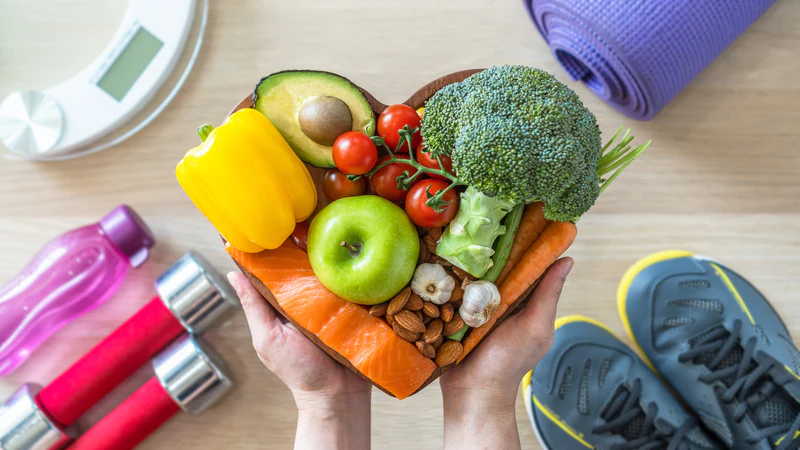Achieving fitness goals hinges on maintaining a balanced diet, prompting many to enlist the expertise of personal trainers for guidance in both workouts and nutrition. Professional trainers possess not only exercise expertise but also extensive knowledge on optimal body fueling for performance and recovery. In this article, we’ll delve into top nutrition tips from personal trainers to help you enhance your health and fitness outcomes.
Understand Your Nutritional Needs
Nutrition is not a one-size-fits-all approach. What benefits one person might not suit another. Personal trainers emphasize this by recommending a thorough evaluation of your dietary needs, considering your fitness goals, lifestyle, and any medical conditions. Whether aiming for weight loss, muscle gain, or enhanced endurance, your diet should align with these targets. A personal trainer can craft a nutrition plan that complements your training routine and caters to your unique requirements.
Balance Your Macros
Understanding and balancing macronutrients—proteins, carbohydrates, and fats—is fundamental. Trainers often stress the importance of getting the right mix to support workout regimes. For instance:
- Protein is crucial for muscle repair and growth. It should be a staple in your diet if you are engaging in regular strength training.
- Carbohydrates are the body’s primary energy source, particularly important for those involved in high-intensity or endurance sports.
- Fats are vital for long-term energy, hormone production, and cell health.
Personal trainers often recommend monitoring your intake of macronutrients to ensure you meet your nutritional needs, tailored to your specific fitness activities and goals.
Hydration is Key
Hydration involves more than just drinking water. Trainers highlight its importance in sustaining peak physical performance and aiding recovery. Your water needs may vary depending on your activity level, workout intensity, and even the weather. During intense or prolonged exercise, incorporating electrolytes with your water can help maintain bodily balance, preventing dehydration and its detrimental effects on strength and endurance.
Timing Your Meals
The timing of your meals plays a crucial role in the effectiveness of your training and recovery. Personal trainers emphasize the importance of eating the right foods at the right times. For instance, a pre-workout meal rich in carbohydrates and protein can supply the energy required for an intense session, while post-workout protein intake aids in repairing and building muscle tissue.
Smart Snacking
Snacking isn’t merely about bridging the gap between meals; it’s about nourishing your body’s needs. Trainers advocate for healthy snacks that deliver a balanced blend of nutrients. For example, pairing almonds with a piece of fruit creates a quick, nutrient-dense snack rich in healthy fats, protein, and carbohydrates.
Supplements Wisely
Whole foods should form the cornerstone of your diet, yet supplements can be instrumental in reaching your fitness objectives. Personal trainers often suggest supplements such as whey protein, creatine, or branched-chain amino acids (BCAAs) to enhance your nutrition plan, particularly if you’re training rigorously or aiming to build muscle. However, it’s crucial to exercise caution and seek professional advice before embarking on any new supplement regimen.
Listen to Your Body
A key piece of advice from trainers is to listen to your body. Everyone’s body responds uniquely to different diets and foods. If something isn’t working for you, a professional trainer in Lehi can help tailor your diet to better suit your needs. By tuning into how your body feels, you can also identify when you might require additional nutrients or hydration.
Conclusion
Working with a personal trainer can be incredibly beneficial not just for developing a personalized exercise regimen but also for creating a complementary nutritional plan. The right diet can help you maximize your physical potential and achieve your fitness goals more effectively. Remember, nutrition and fitness go hand in hand, and as such, should be approached with a holistic mindset.

